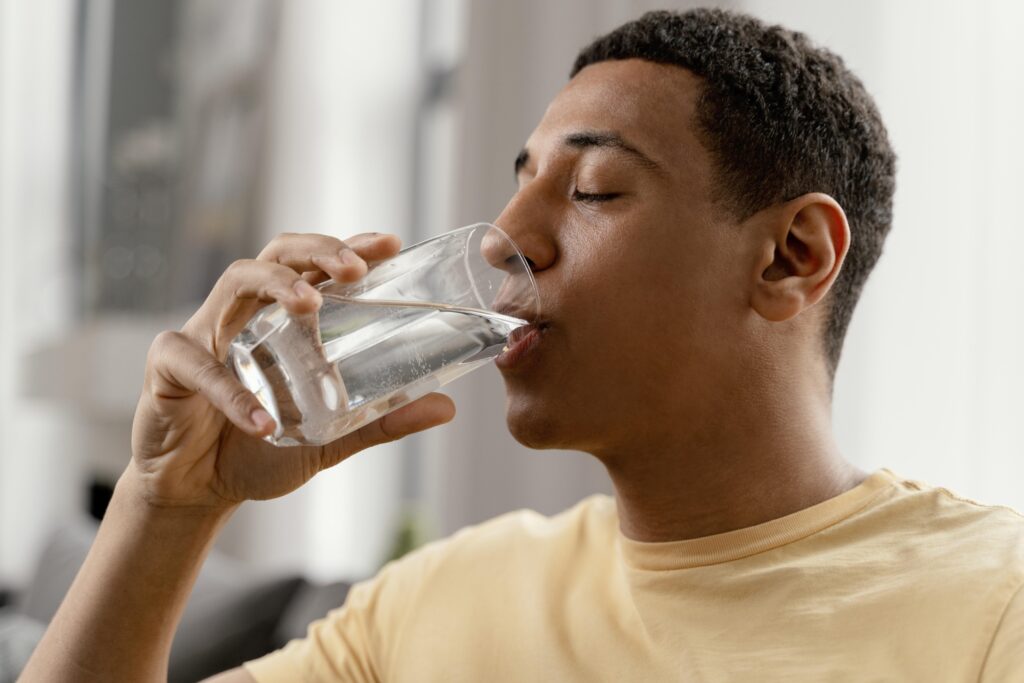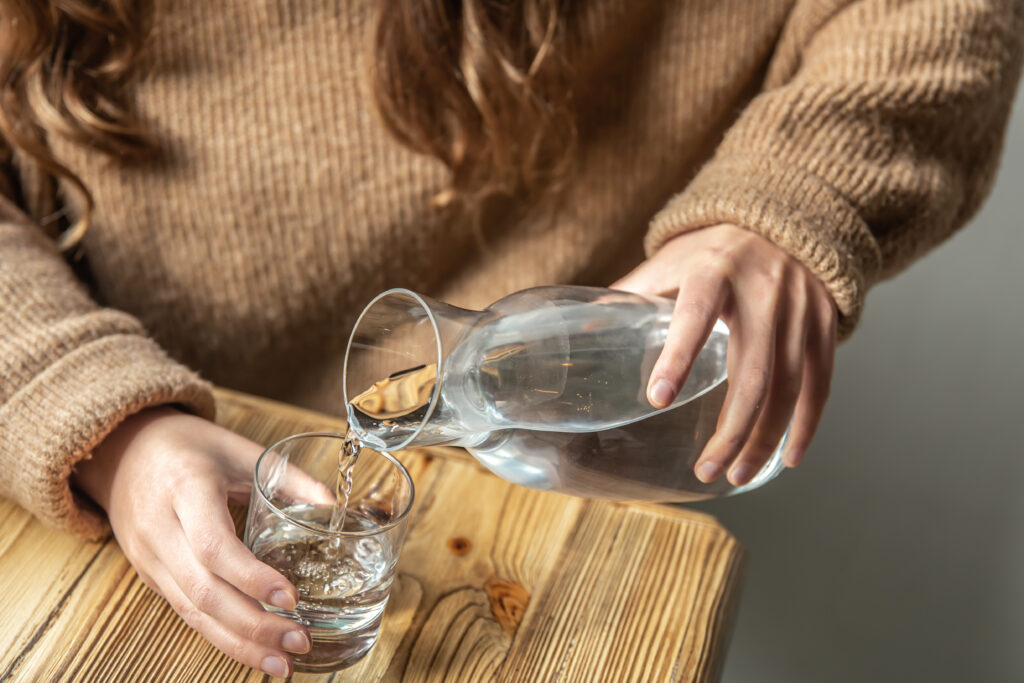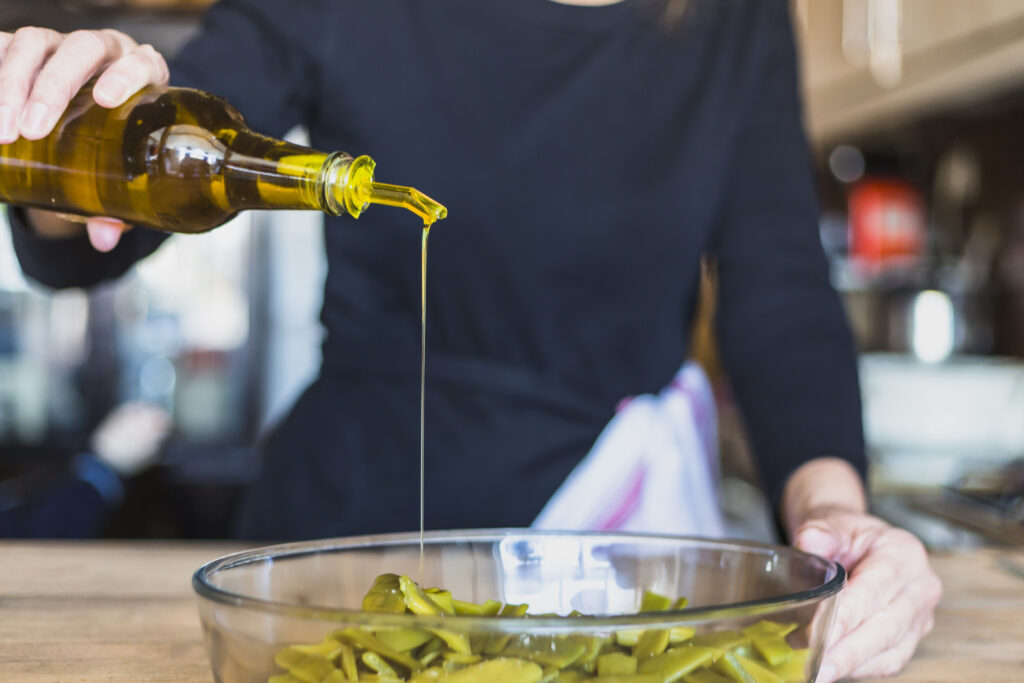Water is the most precious substance on earth; we cannot live without it. Besides providing us with visual delights such as spectacular waterfalls and breathtaking oceans, it contributes to our food, provides recreation, and nourishes us in countless ways. Water sustains us both outside of our bodies and inside. Sadly, this most essential carrier of life force is typically taken for granted. We often do not realize our body’s craving for it unless we feel thirst, yet it makes up nearly 2/3 of the body’s mass and 70% of the brain. Most of the volume of our cells and body fluids are water. The Oldham County Water District’s website has an extensive number of important fact about water, including the fact our kidneys recycle 400 gallons of water per day. Water is the most common nutritional deficiency in the US. Let’s face it- we’ve got to start taking our water seriously.
Fereydoon Batmanghelidj, M.D., an internationally renowned researcher, author and advocate of the natural healing power of water, believes that most of our body’s ills are due to dehydration. Simple as that! He advocated that we should first just drink the optimal amount of water before using medications. In other words, he believes in and promotes preventative medicine.
We have been such a drug culture the last 50 years or so, that sometimes we do not notice modalities that are the obvious ones. The concept of starting from the basics and then working up to more complex solutions has been forgotten.
I remember as a child, being put in a cold bath to bring down a high fever. Nowadays, parents are instructed to start with “fever meds”. Other common sense recommendations like getting enough sleep, eating well, and getting exercise, have been thrown aside for the medication to “cure” the ailment. Let us focus more on how we got there and try to rebuild better habits.
Roles of Water
- Maintains correct electrical properties of the cells
- Transports nutrients throughout the body
- Provides moisture to oxygen for respiration
- Assists delivery of oxygen to the cells
- Provides a cushion for bones and joints
- Regulates body temperature
- Helps to expel toxins and wastes
- Absorbs shock to joints and organs
- Lubricates joints
- Prevents tissues from sticking
- Enhances communication between cells
- Sustains the body in its healing process
Did you know that drinking coffee, black tea or soft drinks, does not count as water? In fact, those beverages actually dehydrate us and it is recommended that we replenish our bodies by drinking 1 ½ times the amount in water to compensate for the dehydrating beverage. There is probably no other substitute for water besides perhaps uncaffeinated herbal tea (except for peppermint which dehydrates). It’s OK to drink these dehydrating beverages (although I would not recommend soft drinks), just follow up with 1 ½ times the water.
It is important to note that there is lack of clean water. Our waterways have been polluted, so we have to filter our water in order to have a safe product. Already, our bodies are struggling with the toxic load from the environment, so, at the very least, the water we drink should be as pure as possible. The liver is constantly detoxifying anyway, drinking polluted water just gives it more work to do. It really does a body good to use as few chemicals in foods, cosmetics, cleaning products, yard products, as possible to give the liver a helping hand.
This probably dates me, but I do remember drinking water out of running streams. The only criteria, was that the water had to look clean and be running. You would not even think of doing that now, even if you were high up in the Sierra’s. No experienced backpacker leaves home without a very sophisticated water filter.
We trust our “water companies” to provide us with clean water but those who have studied the matter know that the water quality is borderline; just purified enough to prevent major epidemics. When tested, you will find all kinds of unfriendly creatures residing in your municipal water. Consider the situation in Flint, Michigan, and it is clear that it comes down to money.
Some of these things may lurk in your water:
Arsenic, chlorine, bacteria from human waste (sewage, run-off), fluoride, nitrates, pesticides, herbicides, radon, chloramines, etc. Don’t lose hope though, because they can be removed with a good filtration system.
The bottom line is that in this day and age, we simply have to look out for ourselves. I do not recommend buying water from plastic bottles, as they are known to contain BPA (a hormone disrupter) and other chemicals that we could do without. Of course, sometimes you are out and about, or traveling, and there is no other recourse. The harder plastics leach less, so they could be an option if necessary. The best option is to invest in some stainless steel water bottles and bring your own water. Don’t forget to keep an ice chest in the car when the weather turns warm.

You will be happy to have that nice cool water to keep you hydrated.
There are several reputable water filters out there depending upon your living situation. There are counter –top, under the sink and pour through varieties. The purifier technologies include reverse osmosis, gravity filters, ceramic filters., etc. If you use the reverse osmosis system (RO), it is best to add a pinch of good quality sea or mineral salt to your glass; such as Celtic Salt, Himalayan, Real Salt. Since most of the minerals are removed in that process they need to be replaced. That is why I would not recommend distilled water, except for specific circumstances.
Check out this presentation on filtration alternatives and systems at www.HealingQuest.tv
I would also recommend a very informative article, by Norm LeMoine, of Radiant Life Catalog, “Sewage in a Glass? Technologies for Cleaner, Safer Water“, in the Wise Traditions publication of the Weston A. Price Foundation. (Winter issue 2014)
Here are some options for water filtration and purification systems.
doultonusa.com
Summing Up Recommendations
- Drink ½ your body weight in ounces everyday of filtered water.
- Replace the plastic water bottles for your own glass or stainless steel container.
- Find a suitable water purification system for your home and work.
- If you have pre-filled your bottles you can tell how much water you are drinking.
- Add lemon, orange, berries, cucumber slices, mint leaf, or whatever to water to spice it up (especially for children who are used to sugary drinks)
- Do not drink too much water with your meals, it will dilute your gastric juices.
- Keep an ice chest in your car to keep water cool when you are out and about.
- When traveling and you do not have your personal water bottle with you, try to buy the harder plastic bottles or glass. Mountain Spring Water (green bottle), is a safe brand.
- Add a pinch of good quality salt to your glass or bottle, especially if using RO water system.
- Try to train children at an early age that they do not need these sweet concoctions if they are thirsty. Water is the best. Use other drinks like smoothies, fresh pressed juices, coconut water, kombucha, and kvasses.
Remember to Stay Hydrated For Good Health.




